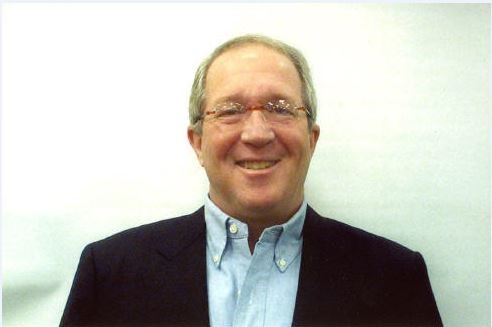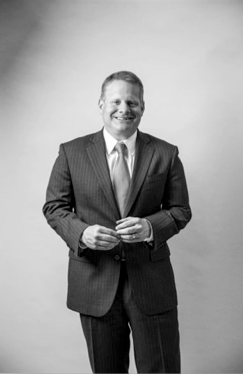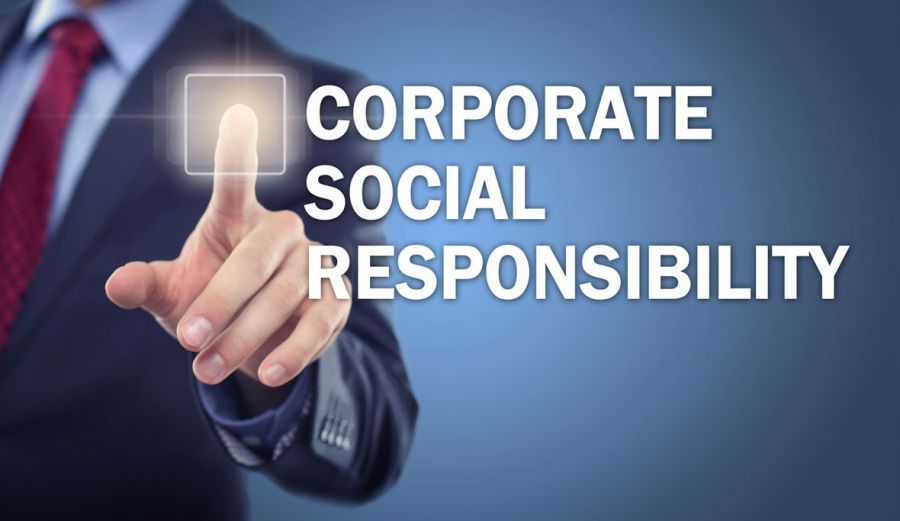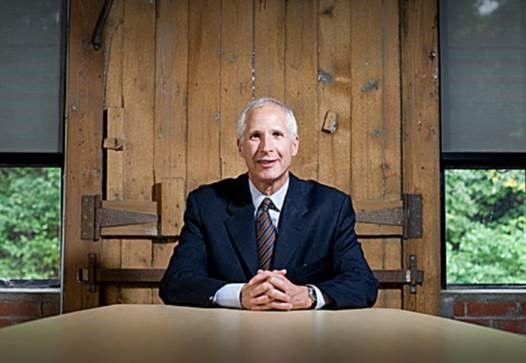“You Can’t Be Casual with Your CSR Commitment” Says CEO of Highly-Successful Healthcare Company & New Satell Institute Member

Brian Effron is CEO of Healthcare Administrative Partners (HAP), a leading provider of healthcare revenue cycle and coding services. A longtime leader in the philanthropic community, Brian offers his feelings on corporate social responsibility (CSR), the importance of funding the arts and why he is excited for the future of Philadelphia.
New Research – The Power of Twitter as a Channel for Reporting CSR Activities: 5 Key Learnings

A new research report commissioned by the Satell Institute highlights some of the ways social media have changed the nature of corporate social responsibility (CSR) reporting and communication. Scholars found that Twitter especially allows for rapid, dynamic (and relatively low-cost) communication with large and geographically dispersed stakeholders in a transparent, publicly visible forum. Here are 5 key takeaways from the research.
New Research – 5 Ways to Increase Employee Participation in CSR Programs

As a result of increasing awareness, public expectations, and a desire to create a positive social impact, more companies are allocating resources to Corporate Social Responsibility (CSR) efforts – and employee adoption of these activities is crucial to their success. Based on recent research commissioned by the Satell Institute, here are 5 methods for companies to increase employee participation in CSR.
How the Most-Visited Museum in Philadelphia Created “Win-Win” Nonprofit/For-Profit CSR Partnerships that Benefit All

Larry Dubinski is President and CEO of the highly successful Franklin Institute, the most-visited museum in the Commonwealth of Pennsylvania and a top-five tourist destination in Philadelphia. With more than 925,000 visitors passing through its doors last year alone, part of Dubinski’s responsibility is aligning with the right business partners to help sustain the museum’s influential science and technology educational programs. We asked Dubinski about the successful link between corporate social responsibility (CSR) and non-profit/for-profit partnerships.
Why the Philadelphia Flyers Joined a Collective Force of Businesses and Non-Profits for the Greater Good

Linda Mantai is Vice President of Flyers Charities, the charitable nonprofit arm of the Philadelphia Flyers and a new member of the Satell Institute. She explains how the work of the Flyers extends off the ice, and why their organization is investing in the greater good through corporate social responsibility (CSR).
4 Reasons CEOs Are Increasingly Partnering with Non-Profits to Satisfy New Employee CSR Interests

In 2016, Cone Communication conducted a survey that found 75% of Millennials would take a pay cut to work for a responsible company (compared with a 55% average across all ages); while almost two-thirds would not accept a job from a company without strong CSR practices.
Why Young Professionals Say Yes to Companies Committed to CSR

As the war for talent gets more competitive, research shows companies committed to Corporate Social Responsibility (CSR) have a strong leg up on the competition. Many college-educated young professionals are strongly interested in joining a company that “gives back”. Here are 7 important research facts that could explain why.
Selecting Clients That Were Philanthropic Gave a Leading Financial Services Firm a Unique Advantage

According to former CEO of the CMS Companies Paul Silberberg (now a community leader, educator, author, and philanthropist), “Doing well and doing good are inextricably linked.” Beyond being a successful company, CMS’ uniqueness was its deep CSR commitment.
Our Free Online Course on the MIT-Harvard edX Learning Platform is Helping Educate Millennials and Other Professionals to Become CSR Leaders

Young business professionals who strive to be tomorrow’s CSR leaders are upgrading their knowledge, skills, and credentials. Thousands of millennials, from more than 160 countries and territories, are giving themselves and their companies a competitive edge by taking our free online certificate course developed with the University of Pennsylvania. It’s a great demonstration of the global demand for education on CSR.
By Engaging in CSR as an Executive May Lead to Your Greatest Achievement Later

There is a rapidly growing demographic of people coming to the end of their business careers and are looking to do more. Many are individuals who have built a company and now have either recently sold that company or are thinking about selling that company. Typically, much of these individuals’ identities were connected to their businesses. Now they are faced with the daunting prospect of “what’s next”.

